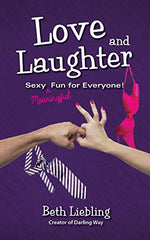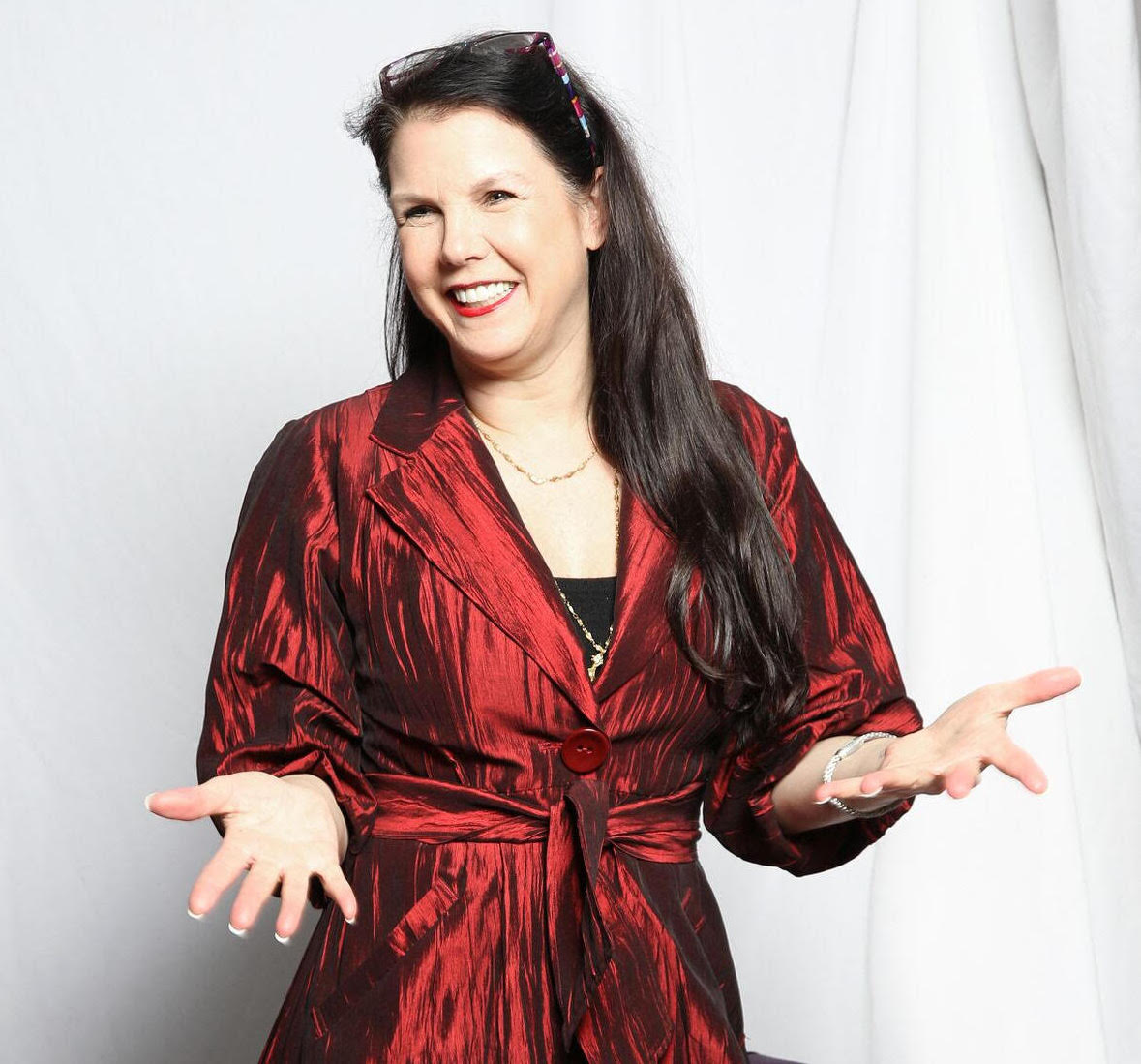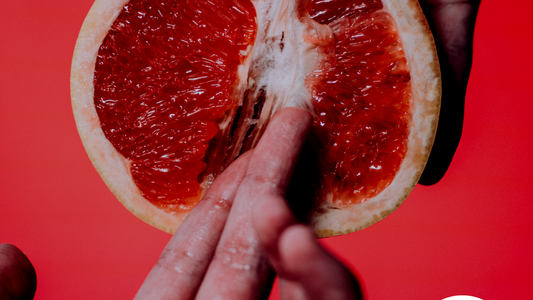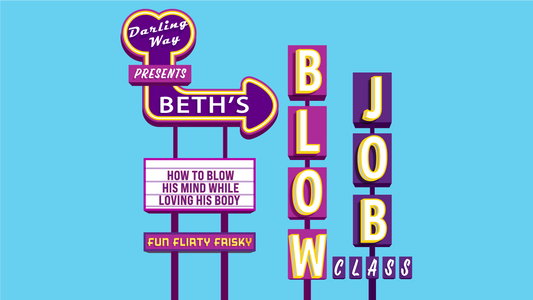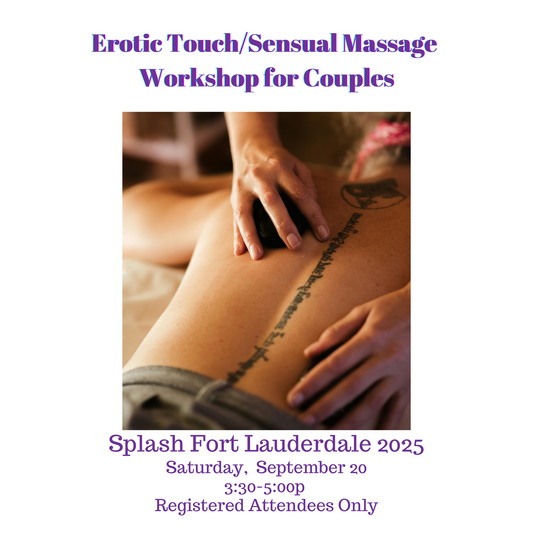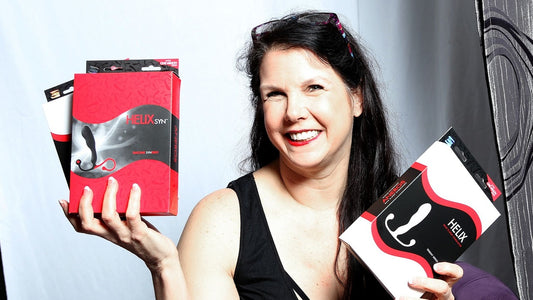We spend a lot of time helping people with romantic love issues, but make no mistake about it: romantic love is only one type of love, and a happy life requires lots of other kinds of love. For example, love for your children, your friends, your coworkers, or sports team members, or even for a particularly beautiful sunset.
First defined by Plato and Aristotle and later expanded upon in books by philosopher Alan Soble, theologian author C. S. Lewis, and psychologist John Alan Lee, there are seven different types of love:
Eros is sexual, passionate love – what we typically expect to share with a romantic partner today. Often juxtaposed against “logic and reason,” eros is what happens when we are compelled to follow the blind whims of the heart. Eros is the root word of the word “erotic” – and these lovers might say sex is the ultimate aesthetic experience! Plato stated that eros occupied a space in between the human world and the divine world, meaning the feeling of falling in love requires great faith, and you may end up with a little piece of heaven!
Philia is the type of love and goodwill that exists in a close friendship. It refers to mutually beneficial relationships that center trust and dependability. Plato explains that philia can evolve from and coexist with eros, transforming lust into a meaningful bond over time. This means the best lovers can become each other’s best friends as well!
Storge is a nurturing, familial love, often referring to an imbalanced relationship in which one person is the caregiver for the other. Think of the overwhelming love you feel for your child and how you would do anything to provide for them. Storge may be created out of dependency, though it does not meet our contemporary definition of “codependency.” Storge hinges on practical necessity and kinship rather than on personal qualities.
Agape is a universal all-encompassing love. For example, when you feel admiration for the beautiful nature surrounding us, when you feel empathy for the plight of your fellow humans struggling around the world, or when you feel the love of God uniting a crowd during a sermon. Agape is sometimes called charity or altruism, as it manifests as a totally unselfish concern for others, even strangers. Agape can feel euphoric at times, and people under the influence of drugs like MDMA often report heightened feelings of agape. It goes hand-in-hand with an awareness of our oneness with the universe.
Ludus is a playful, casual, uncommitted type of love. Think of having a friend with benefits, or flirting and dancing with a stranger in a night club. The focus is always on fun, with a hint of conquest. This doesn’t always mean a one-night-stand though! When both parties are mature and self-sufficient, these no-strings-attached instances of ludus can be sustained for as long as they want.
Pragma is a type of love inspired by duty and practicality, such as the love a soldier may feel for their country or the love an entrepreneur may feel for the business they started. Attraction is not present; instead, there is a desire to achieve goals and secure status. Arranged marriages could often be labeled as pragma, though they could evolve into other types of love as well. Conversely, relationships or marriages initially sparked by eros may end up being only pragma in the end, as the participants feel stuck in them only out of obligation or duty.
Lastly, Philautia is self-love. Philautia could mean simply having a healthy self-esteem and knowing your worth, though it has the potential to develop into harmful conceit or egomania, blinding us to all the other forms of love.
Psychologist John Alan Lee also posited that “mania” was another form of love. He hypothesized that mania was a strong mixture of eros and ludus expressed by unhealthy obsession, possessiveness, and idealization of one’s partner.
Additionally, In 1960, author C. S. Lewis published a book that narrowed this spectrum and focused on the role of God’s love in our lives. He points out the contrast between love borne of “need” – the love of a small child for its caregivers – vs. love that we “gift” to others without necessarily requiring that they “earn” it.

The truth is, appreciating your love for your friends, family, community, higher power, and especially for yourself is as valuable as your love for your romantic partner. Naturally, those other types of love will actually enhance and strengthen your romantic love connection.
If you want to make any day a little brighter, spend a few minutes reflecting on your life and the people that fill it. Reflect on the different ways you interact with them and notice how many forms of love you witness on a regular basis. Allow yourself a moment to savor each one of them and appreciate how special, meaningful, and useful they are to you on your journey through life.
Love is so powerful that even witnessing it from afar elevates our mood and inspires more love.
To notice and treasure love is a divine gift granted each of us.
May you allow yourself all the blessings of love from within yourself and the world around you.
xoxo,
Beth

